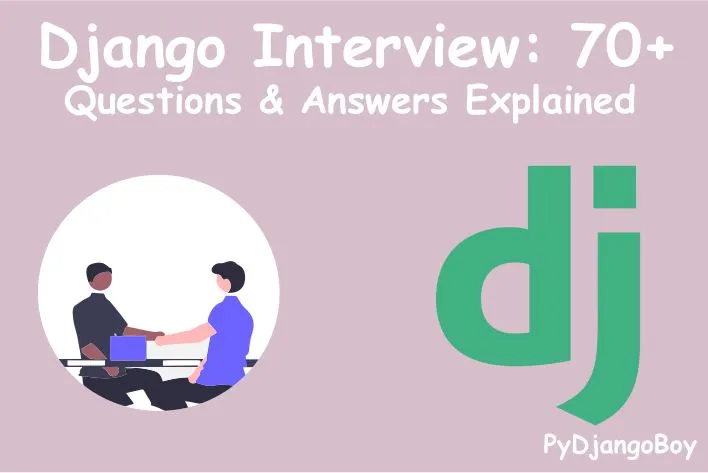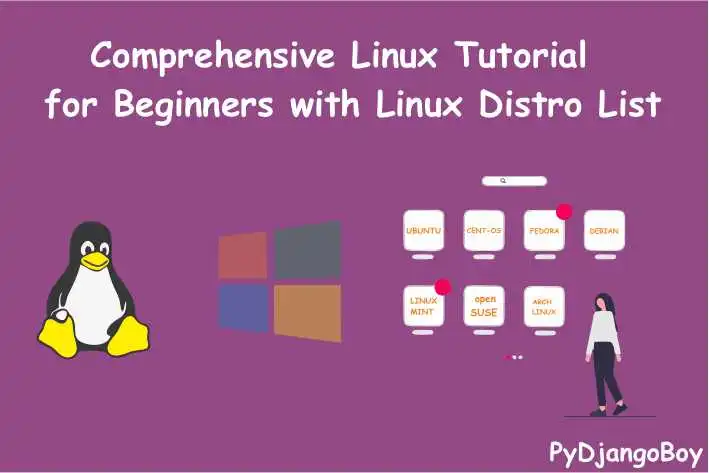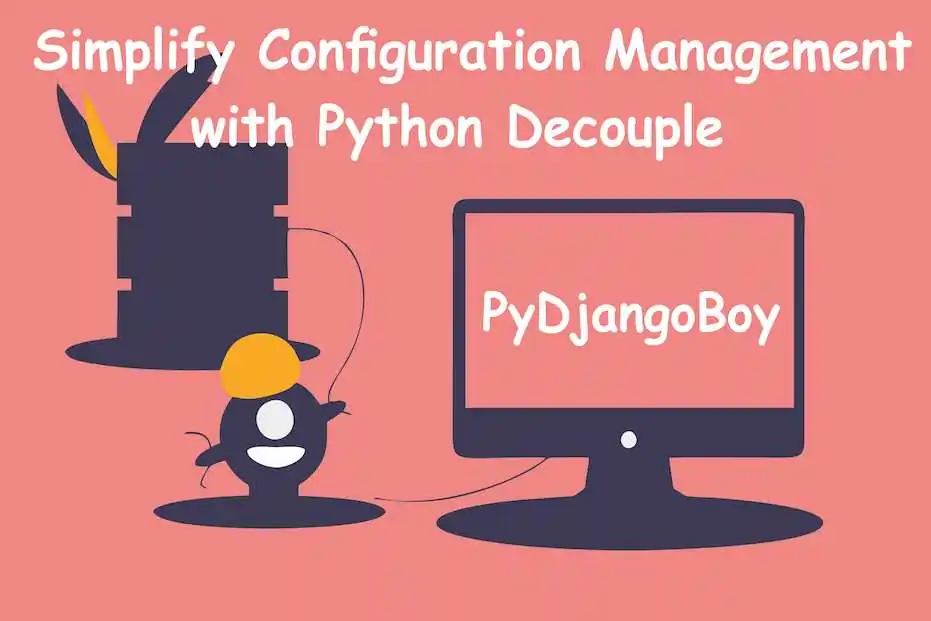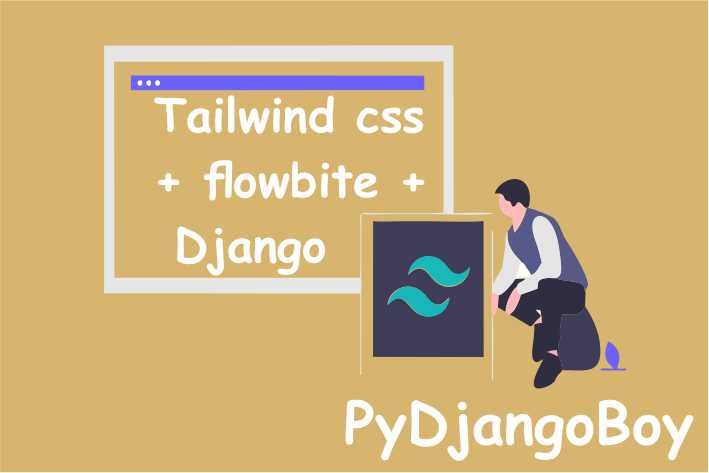Python Stable Release Features and Updates
Python 3.10.12, released on June 6, 2023, is the latest stable version of Python. In this blog post, we will explore the key features and updates introduced in Python 3.10.12. We will also provide examples to demonstrate how to use these new features
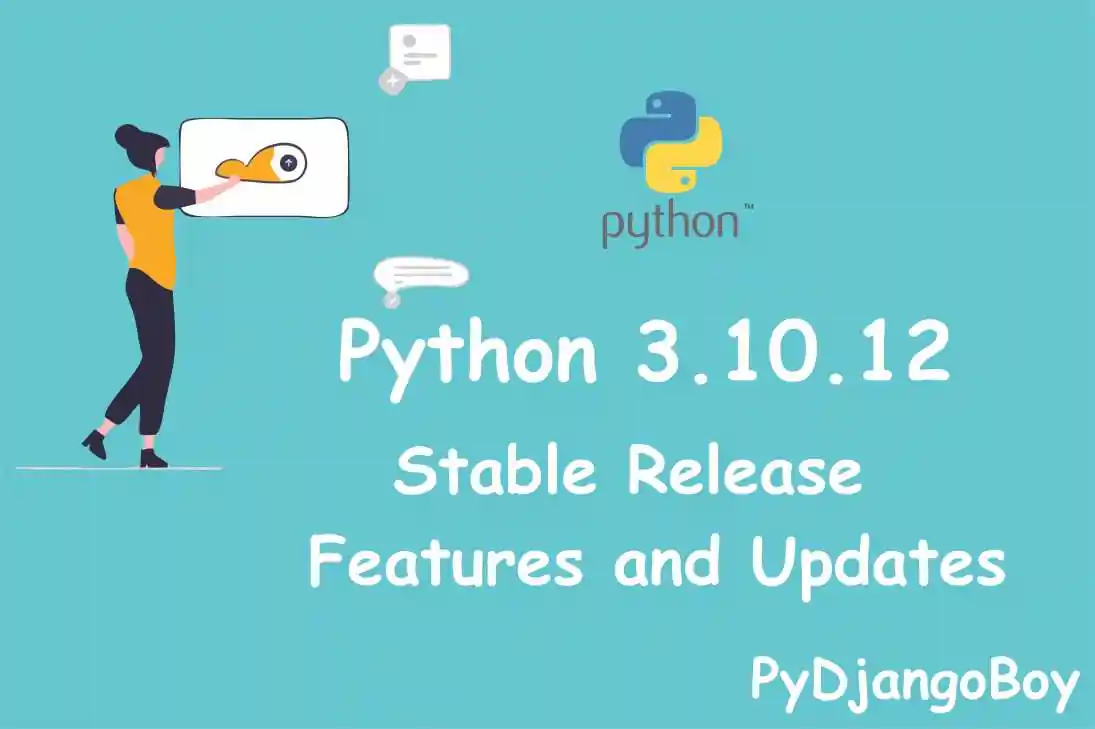
Python 3.10.12 Stable Release Features and Updates
Python 3.10.12, released on June 6, 2023, is the latest stable version of Python. This release introduces several exciting features and bug fixes that enhance the language and improve the overall programming experience. In this blog post, we will explore the key features and updates introduced in Python 3.10.12 and provide examples to demonstrate how to use them effectively.
Python 3.10.12: Introduction to the Latest Release
Python 3.10.12 builds upon the success of previous versions and brings forth notable enhancements and fixes. Let's dive into the significant features introduced in this release:
PEP 634: Structural Pattern Matching (Match Statement)
PEP 634 introduces the match statement, which enables pattern matching in Python. Pattern matching allows developers to perform efficient and concise conditional branching based on the structure of the data. It simplifies the handling of complex conditional logic and enhances code readability.
The match statement uses patterns to match against data structures such as lists, tuples, and data classes. It supports various patterns, including literals, wildcards, and guards, allowing for flexible matching.
Example Usage:
# Example of using the match statement
from dataclasses import dataclass
@dataclass
class Point:
x: int
y: int
def process_point(p: Point):
match p:
case Point(0, 0):
print("Origin")
case Point(x, 0):
print(f"Point on x-axis: x={x}")
case Point(0, y):
print(f"Point on y-axis: y={y}")
case Point(x, y):
print(f"Arbitrary point: x={x}, y={y}")
# Usage
process_point(Point(0, 0)) # Output: Origin
process_point(Point(5, 0)) # Output: Point on x-axis: x=5
process_point(Point(0, 10)) # Output: Point on y-axis: y=10
process_point(Point(3, 4)) # Output: Arbitrary point: x=3, y=4Zoneinfo Library: Time Zone Support
Python 3.10.12 incorporates the zoneinfo module, which provides support for working with time zones using the IANA time zone database. This module offers improved time zone handling compared to the previous datetime module, providing more accurate and up-to-date information about time zones.
The zoneinfo module allows you to retrieve time zone objects, convert between time zones, and perform various operations related to time zones, such as getting the current time in a specific zone.
Example Usage:
# Example of using the zoneinfo module for time zone conversions
from datetime import datetime
from zoneinfo import ZoneInfo
# Get the current time in a specific time zone
current_time = datetime.now(ZoneInfo("America/New_York"))
print("Current time in New York:", current_time)
# Convert a time to a different time zone
paris_time = current_time.astimezone(ZoneInfo("Europe/Paris"))
print("Current time in Paris:", paris_time)Other Improvements and Bug Fixes
Python 3.10.12 also includes various other improvements and bug fixes to enhance the stability and reliability of the language. These fixes address issues reported in earlier versions and contribute to a smoother development experience.
How to Upgrade and Utilize Python 3.10.12
To upgrade to Python 3.10.12 and take advantage of its new features, follow these steps:
Checking the current Python version: Before upgrading, verify the Python version you currently have installed by running the following command in your terminal:
python --versionUpgrading Python using the official installer: Visit the Python website and download the installer for Python 3.10.12. Run the installer, select the appropriate options, and ensure that the "Add Python to PATH" option is checked. Follow the installation prompts to complete the process.
Verifying the new Python version: After installation, confirm that the upgrade was successful by running the
python --versioncommand again.Exploring the new features: Refer to the official Python 3.10.12 documentation to gain detailed information about the new features, including usage examples and additional resources.
Incorporating new features into your code: Start utilizing the new features by importing the relevant modules or libraries and using them in your Python projects. The examples provided earlier in this blog post can serve as a reference for your own implementations.
Conclusion
Python 3.10.12 brings significant enhancements and bug fixes, providing developers with more powerful tools to create efficient and readable code. The addition of the match statement for structural pattern matching and the zoneinfo module for time zone support are valuable additions that simplify complex programming tasks.
Upgrading to Python 3.10.12 allows you to leverage these new features, improve your development workflow, and take advantage of the latest enhancements and bug fixes. Explore the documentation, experiment with the examples, and embrace the potential of Python's latest stable release.
Download Python 3.10.12: Download Link
Happy coding with Python 3.10.12!

DigitalOcean Sign Up : If you don't have a DigitalOcean account yet, you can sign up using the link below and receive $200 credit for 60 days to get started: Start your free trial with a $200 credit for 60 days link below: Get $200 free credit on DigitalOcean ( Note: This is a referral link, meaning both you and I will get credit.)
Latest From PyDjangoBoy
👩💻🔍 Explore Python, Django, Django-Rest, PySpark, web 🌐 & big data 📊. Enjoy coding! 🚀📚

